Sanjoy K Roy has revealed how the Jaipur Literary Festival (JLF), which he produces as managing director of an organisation called Teamwork Arts, has become an extraordinarily successful global brand.
JLF began in a modest manner in 2006 in the Rajasthan capital of Jaipur which remains its mothership, but in the past 17 years, the festival has been exported to the UK, the US, Canada and other countries. JLF London, which has been going for 10 years, concluded last weekend at the British Library, which is itself marking its 50th anniversary.
Present were the triumvirate who run JLF – Sanjoy and festival directors William Dalrymple and Namita Gokhale. Sanjoy was an honoured guest last week at the offices of Eastern Eye which has featured many of the authors who drew large crowds last weekend. On July 20, he will make a trip to York where he is being given an honorary degree by the university as recognition for JLF’s contribution to the arts.
In some ways, JLF has done the government’s work by taking Indian soft power to the world - though Sanjoy has found the perception of India varies from country to country. The festival in Jaipur now attracts half a million people. It is considered the world’s biggest literary festival. “Our biggest venue can hold 17,000 people, our smallest 700,” said Sanjoy. “Our whole focus is on young people. So 80 per cent of our audience is below the age of 27.
“Entry used to be free, but since Covid we started charging because we have to limit the numbers. But online 22 million people viewed JLF 2023. That’s free.” Most literary festivals struggle to find sponsors, but it seems in India, there are enough entrepreneurs who are eager to back the brand. Also, big name authors do not require too much arm twisting to make the journey to Jaipur. Sanjoy listed the reasons why celebrities from abroad are drawn to JLF: “People come from all over. First, it’s India. The main festival is in India. Our hospitality is legendary, the music, the parties, the way we do it. We are situated in palaces and forts.”
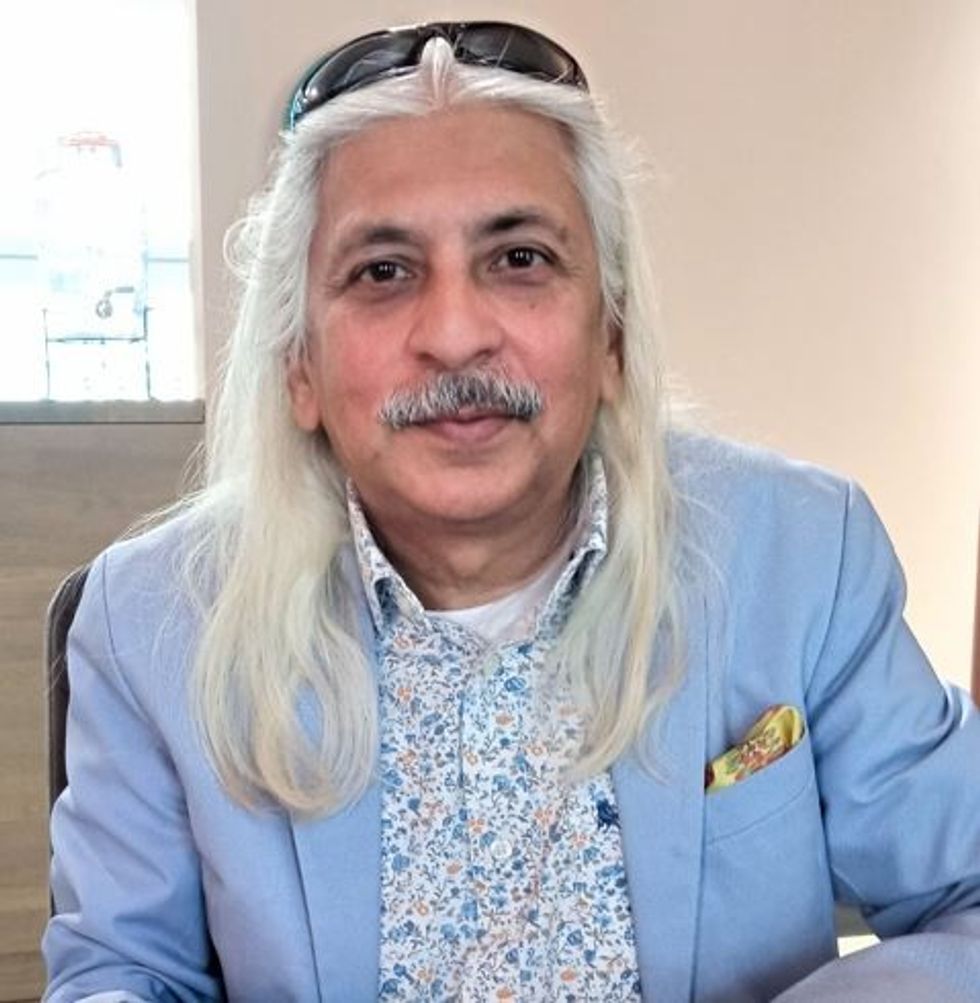
JLF discovered Oprah Winfrey long before Prince Harry did. After her visit in JLF’s fourth year, when she had to be treated like royalty, it proved much easier getting American authors. When the American queen of talk shows wanted to make a low profile visit to a slum, her staff had to be persuaded this wasn’t best done in a stretch limo.
“But, (overseas), the UK has always been our primary focus, obviously with Willie being from here, and much of our tradition of writing evolving from here,” Sanjoy explained. “So we looked at London as a way to be able to garner a different kind of audience, but also selling to the UK – and creating an opportunity where we introduced JLF to all those people who didn’t travel out to India.” His contact was Jude Kelly, who was artistic director of the South Bank in London from 2006 to 2018. “Why don’t we do it here?” she suggested to Sanjoy. The then Indian high commissioner in London, Navtej Sarna, who was also an author, held a reception, bringing together decision makers from the JLF and the British Library.
“And we said, ‘Why don’t we get into bed with the British Library?’ which is far more directional as far as this goes, and perhaps a more appropriate home for the festival. So six odd years ago, we set up at the British Library. And that has been very, very successful with large-scale audiences, a very large online presence for which you need to pay. So, in London, there are three venues within the British Library that we do the festival in. And then there’s all of the evening stuff in London. In many ways London continues to be the heart or the capital of the arts world. And, therefore, I think it’s very important for us to be pretty much part of this. In the UK we also went to Belfast. ” Sanjoy continued: “And then we looked at America because we had all these American people coming out (to Jaipur) on the back of Oprah.”
The reach of JLF was extended to include American writing because “you get a restricted amount of information from the New York Times or the Times Literary Supplement. Our advantage is we don’t have to worry about getting the big names, they come anyway. And our audiences come for the immersive experience.
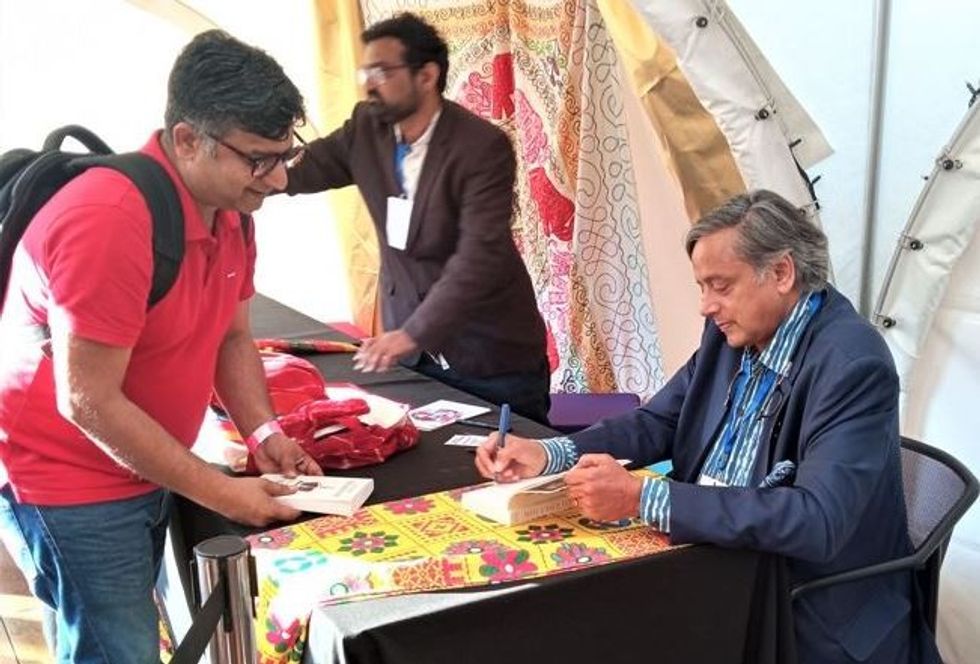
“We have the advantage of being able to programme a great many academics on subjects that otherwise many festivals would struggle with. So we do (Yale professor) Priyamvada Natarajan on astrophysics and black holes or Venki Ramakrishnan, Nobel Laureate, or any of the (well known) economists or (experts on) medicine. We try and do as much of that as possible, because we think it’s our responsibility to get this kind of information. There’s a huge focus on science, economics, medicine and health, apart from issues like mental health and gender and war and migration and identity.
“After London, we set up in Boulder, Colorado. The mayor there said, ‘If we don’t learn to understand diversity, we’ll die as a city.’ And in the US, JLF is in Houston, which is really at the crossroads between energy and science and medicine.
“(We are in) New York because it’s New York, you have to be there. And then Toronto because Vikas Swarup, our former High Commissioner who wrote Slumdog Millionaire or Q & A, was very keen that we set up something in Canada, so we set up Toronto.
“Then, separately in Australia, the then premier of that bit of Australia, and the governor of that province were very keen that we brought JLF so they bid for JLF against Melbourne. And we took it to Adelaide. And then we have JLF Doha, and JLF Soneva Fushi in the Maldives. We have just opened JLF Spain, which was (in the heritage city of) Valladolid and Madrid. Valladolid was the erstwhile capital of Spain; it is an hour from Madrid by fast train or two hours by car.”
JLF, he said, is “about taking literature, amalgamation of literature, providing different perspectives, from different points of view, from different skin tones, to different parts of the world. It’s not necessarily just about India, because in all our festivals, we’ll have a whole slew of writing from across the world.” The festival In India could once invite authors from Pakistan, but given the political tensions, that is no longer possible.
Sanjoy said: “I think having writers in literary festivals provides you with considered information. And when you have considered information as opposed to WhatsApp university, it helps break down ignorance. And by breaking down ignorance, hopefully it helps people push back on fear and hatred and violence in a sense. More importantly, 60 per cent of the festival programming tends to be non-fiction. So we do everything from maths and sciences to AI and technology and health and medicine and environment and so on and so forth.
“And we do a series that runs across all our festivals, which is the urgency on borrowed time, which is on the environment. Is there a way to break down the divide between science and the arts? In present day education either you choose science or the arts. Can we get educationists to understand that you need both arts and science?”






 'The Guilt Pill' her latest booksaumyadave.com
'The Guilt Pill' her latest booksaumyadave.com











 Milli Bhatia
Milli Bhatia
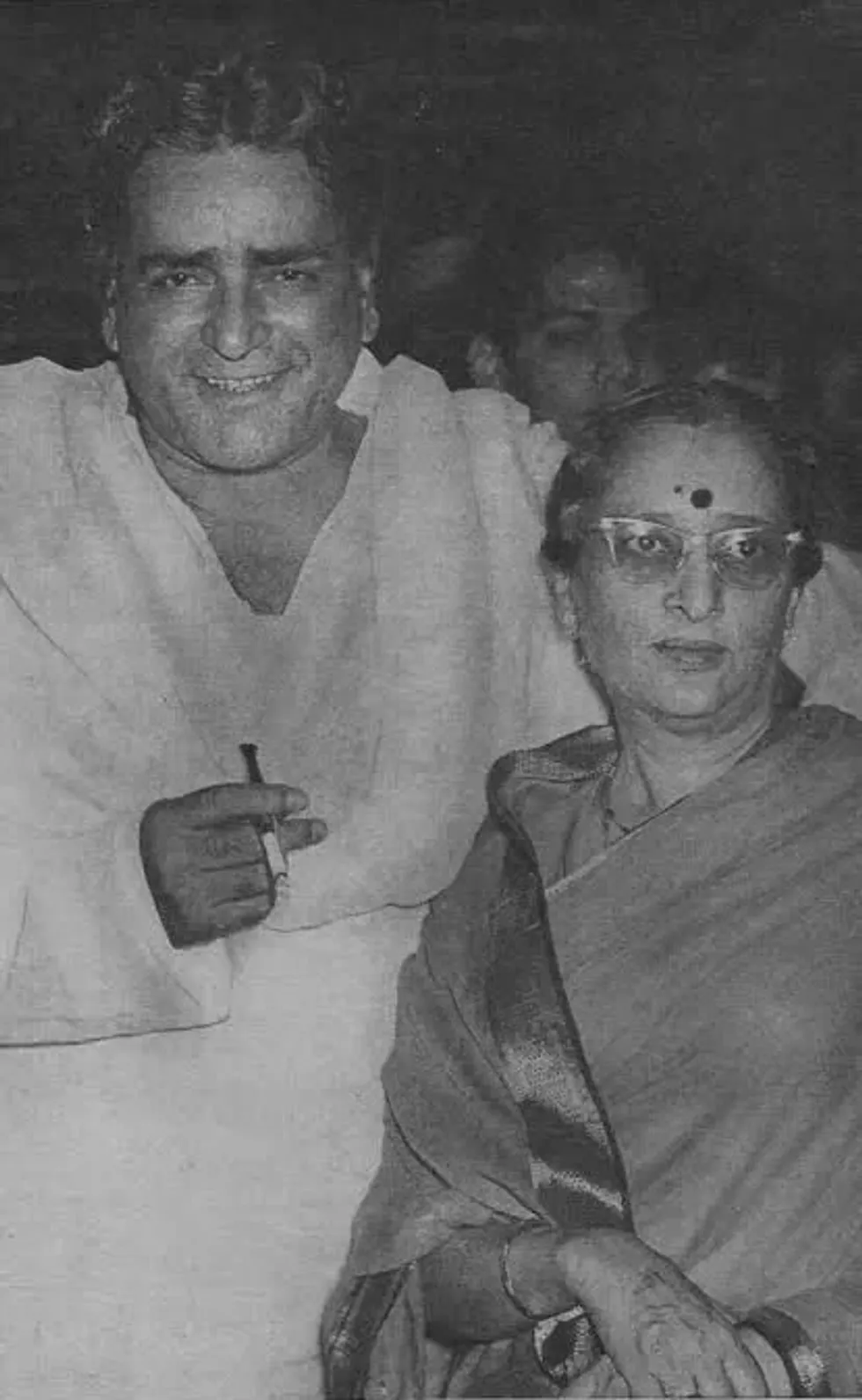 Prithviraj Kapoor and Ramsarni Mehra Reddit/ BollyBlindsNGossip
Prithviraj Kapoor and Ramsarni Mehra Reddit/ BollyBlindsNGossip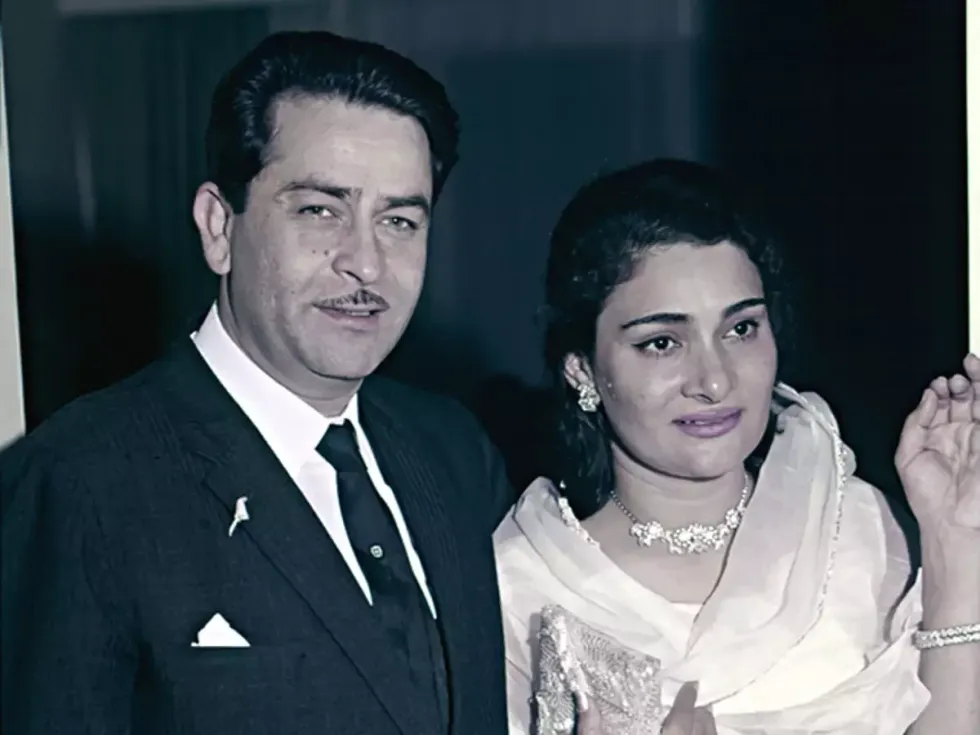 Raj Kapoor and Krishna MalhotraABP
Raj Kapoor and Krishna MalhotraABP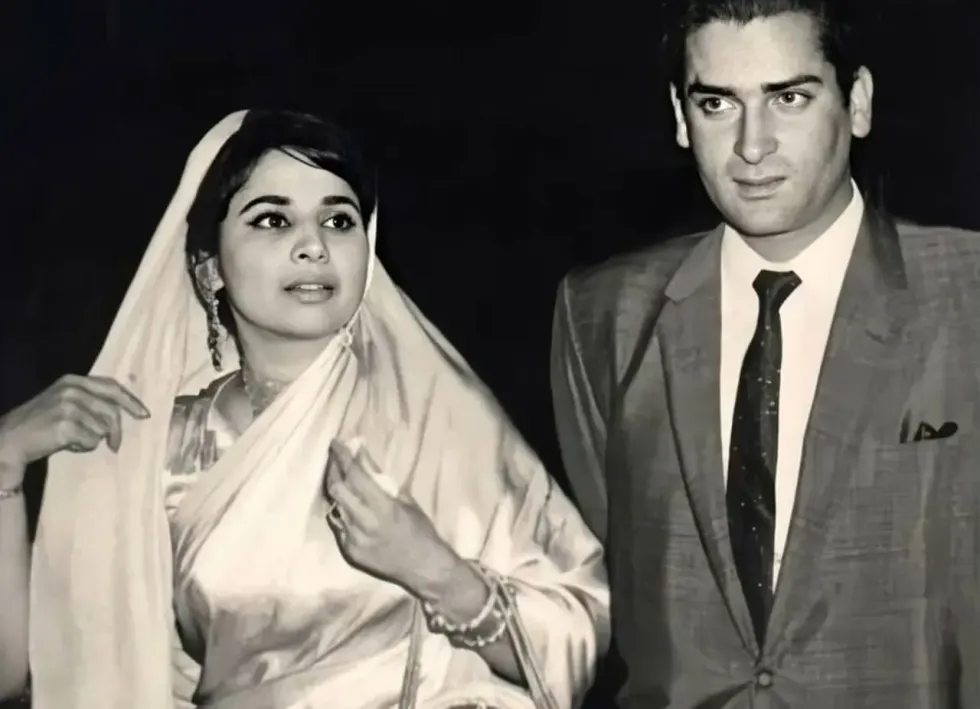 Geeta Bali and Shammi Kapoorapnaorg.com
Geeta Bali and Shammi Kapoorapnaorg.com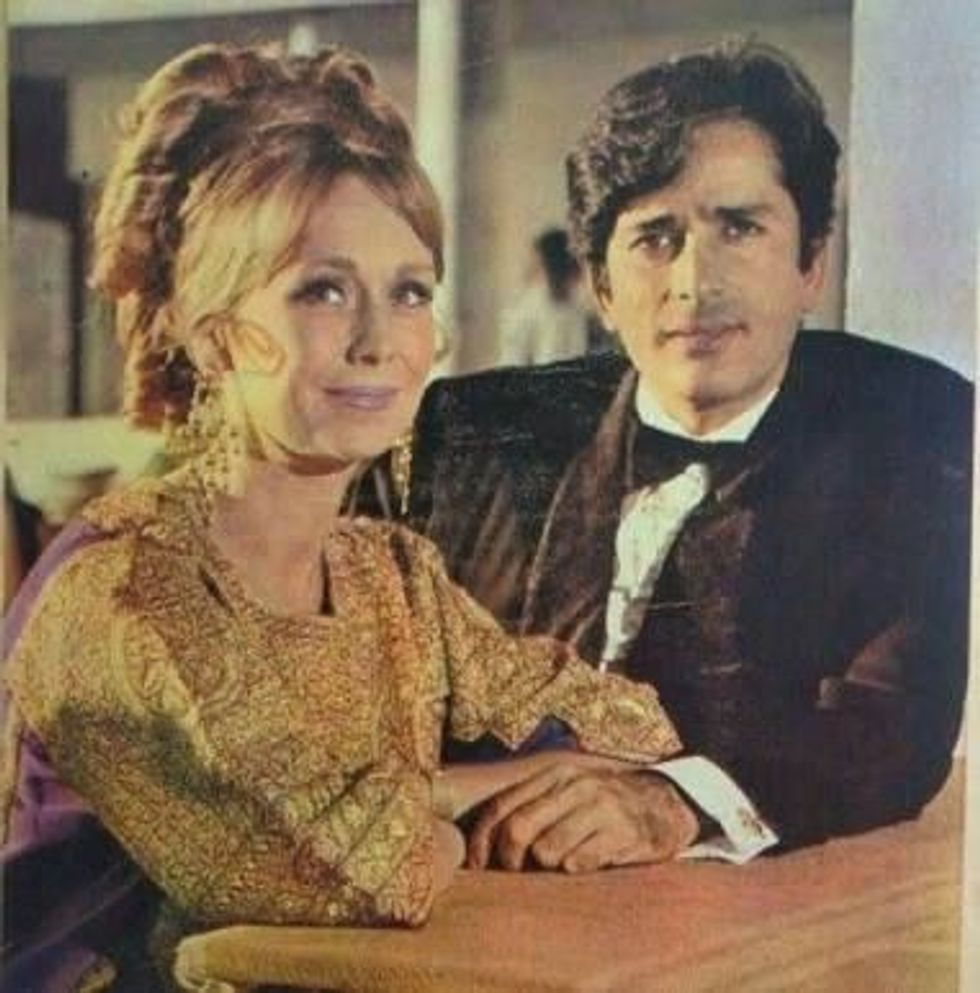 Jennifer Kendal and Shashi KapoorBollywoodShaadis
Jennifer Kendal and Shashi KapoorBollywoodShaadis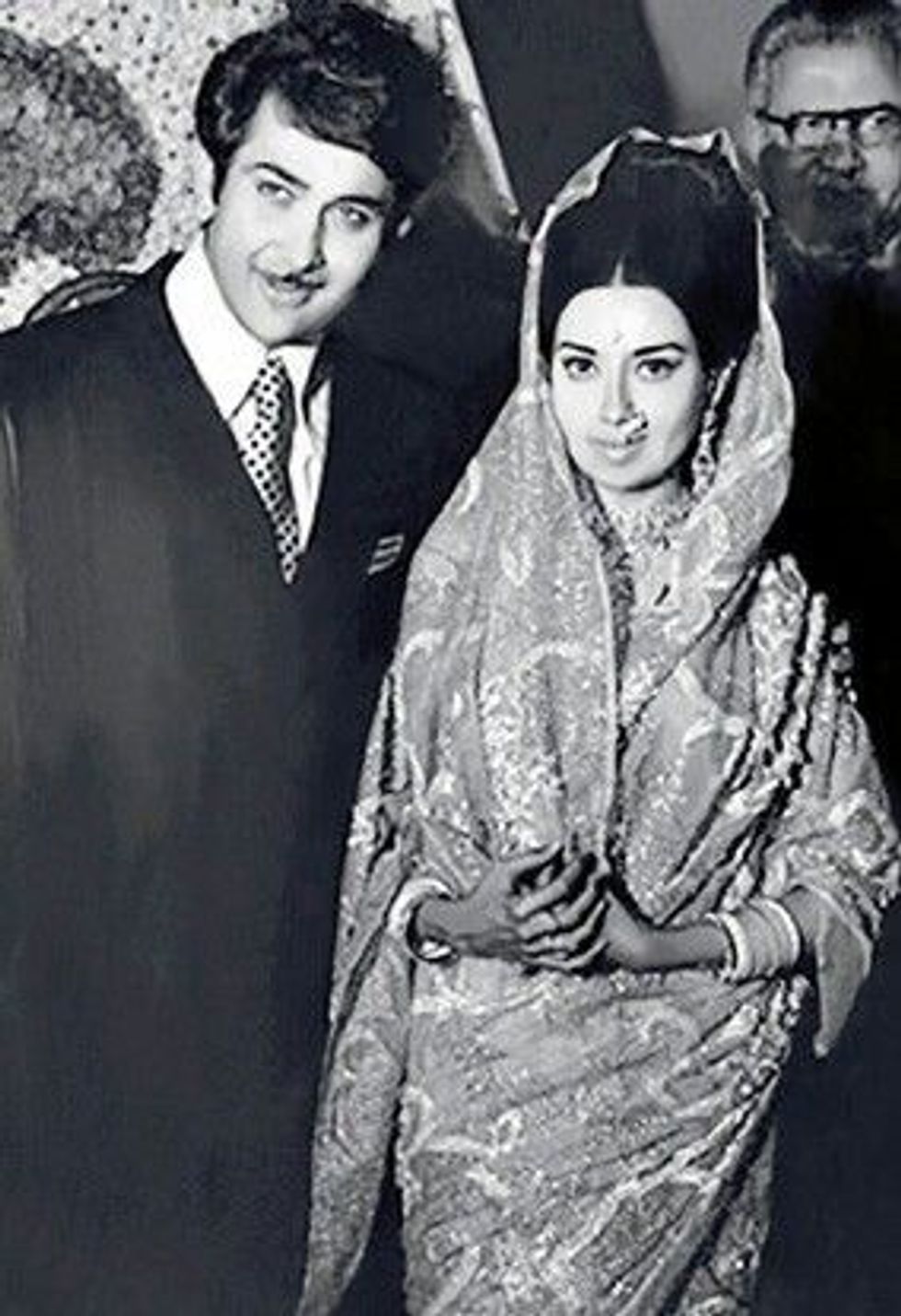 Randhir Kapoor and Babita BollywoodShaadis
Randhir Kapoor and Babita BollywoodShaadis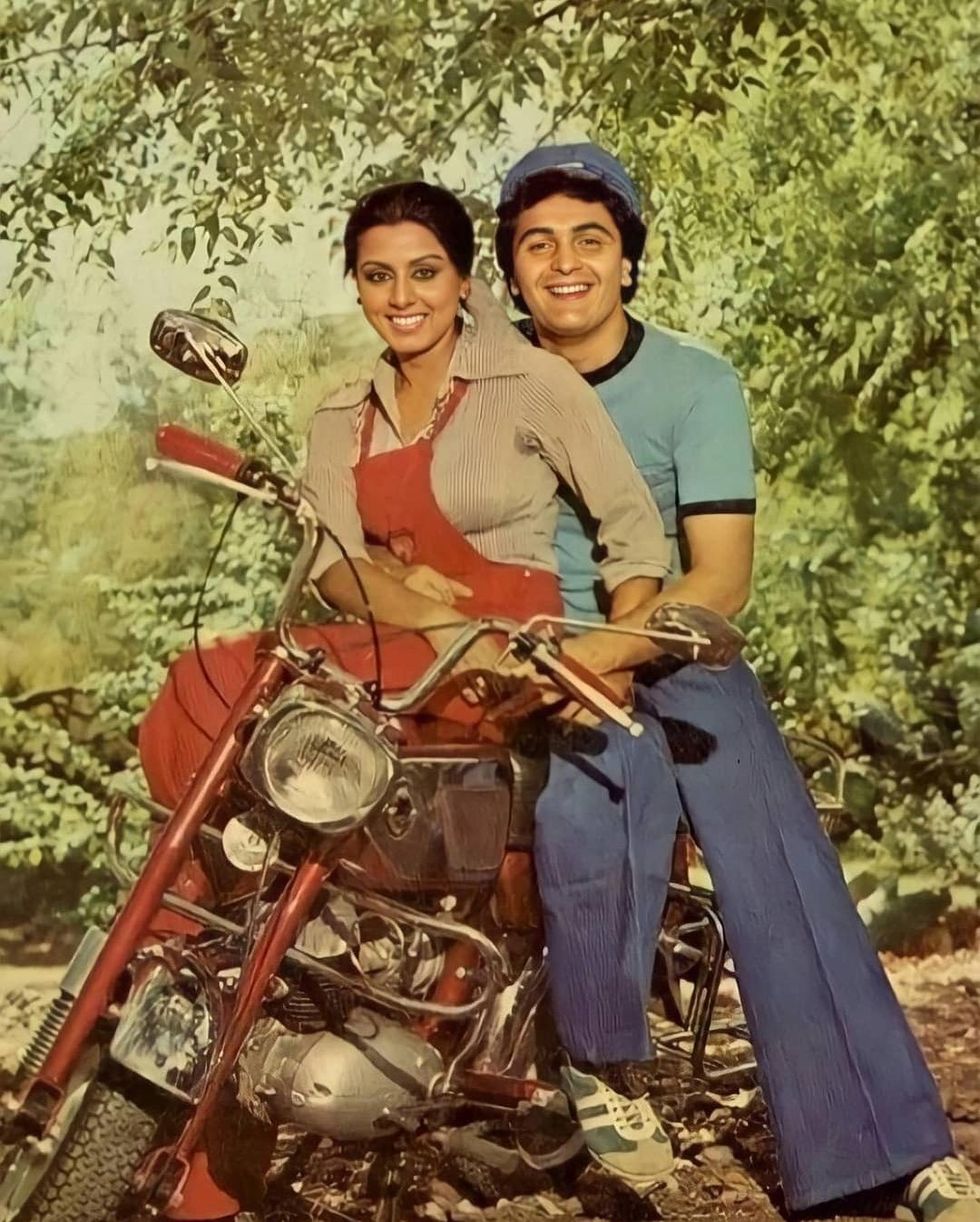 Neetu Singh and Rishi KapoorNews18
Neetu Singh and Rishi KapoorNews18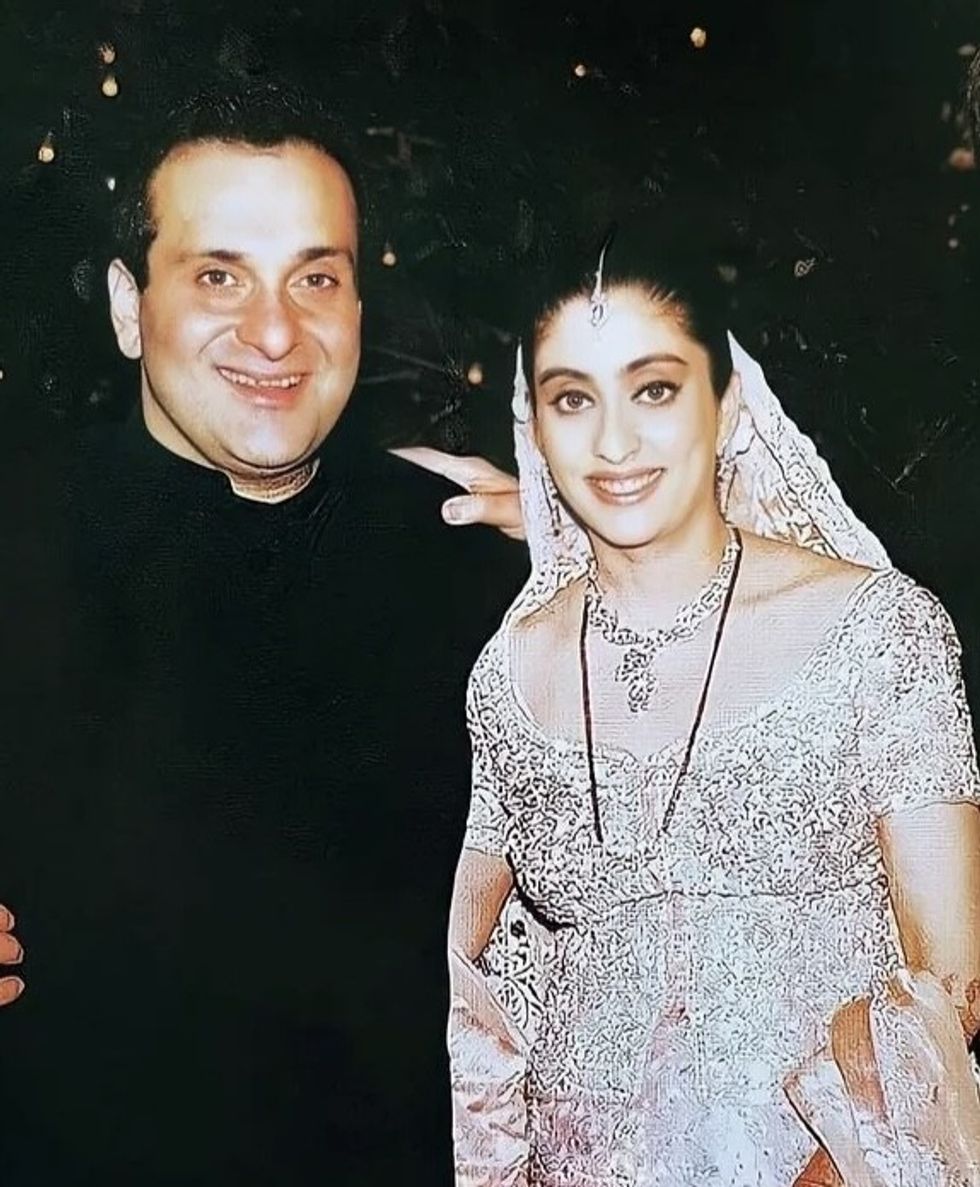 Rajiv Kapoor and Aarti Sabharwal Times Now Navbharat
Rajiv Kapoor and Aarti Sabharwal Times Now Navbharat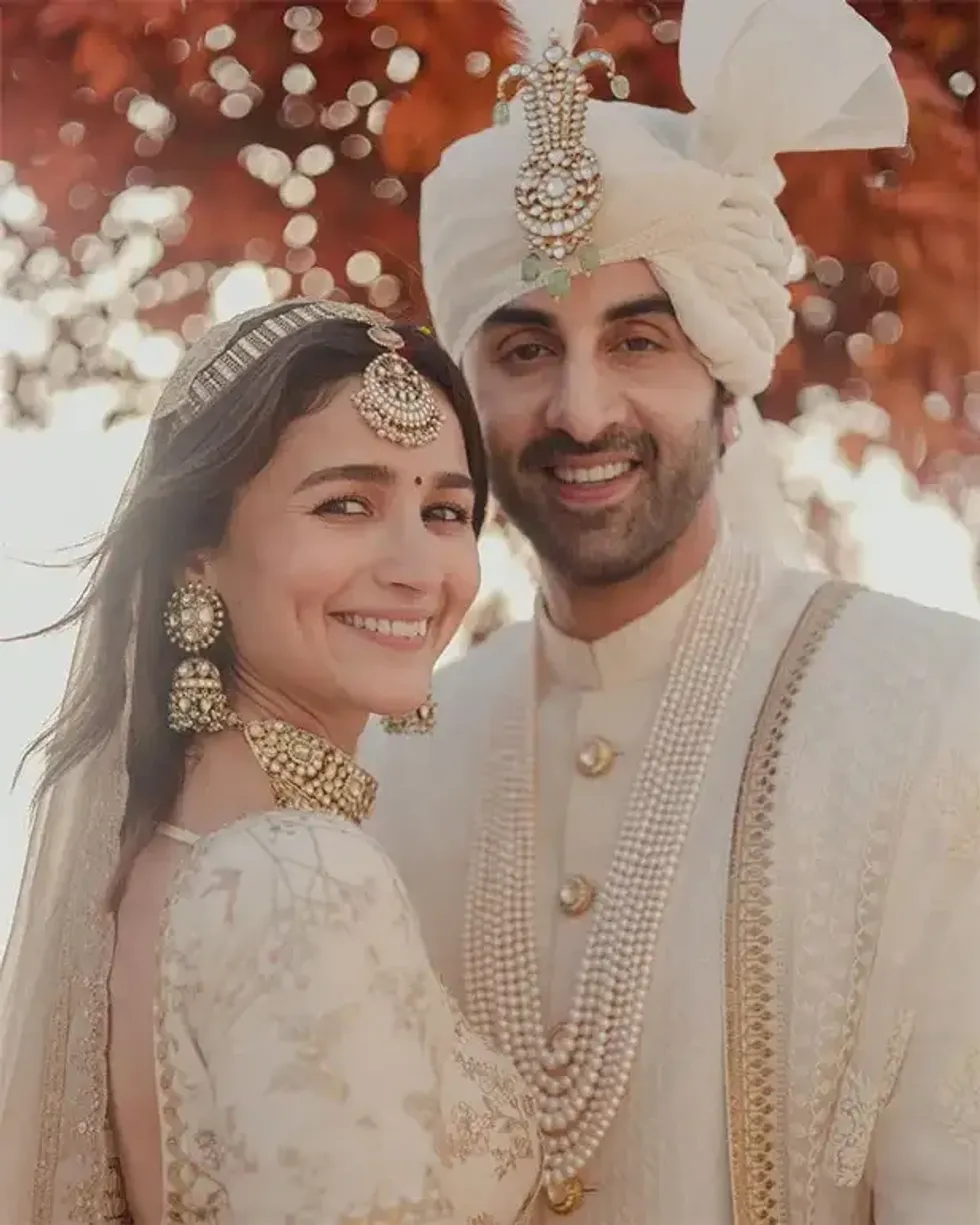 Alia Bhatt and Ranbir KapooInstagram/ aliaabhatt
Alia Bhatt and Ranbir KapooInstagram/ aliaabhatt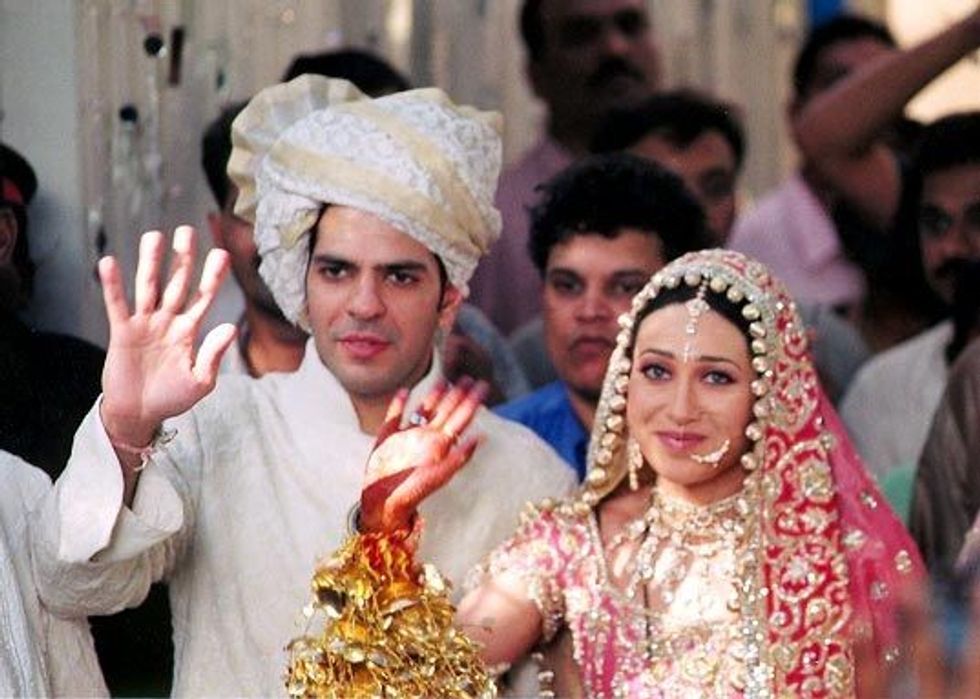 Sunjay Kapur and Karisma KapoorMoney Control
Sunjay Kapur and Karisma KapoorMoney Control
 The real Aurangzeb, the sixth Mughal emperor
The real Aurangzeb, the sixth Mughal emperor Protesters burn a poster of Aurangzeb demanding the removal of his tomb in Nagpur in March
Protesters burn a poster of Aurangzeb demanding the removal of his tomb in Nagpur in March Akshaye Khanna as Aurangzeb
Akshaye Khanna as Aurangzeb Raj Thackeray
Raj Thackeray